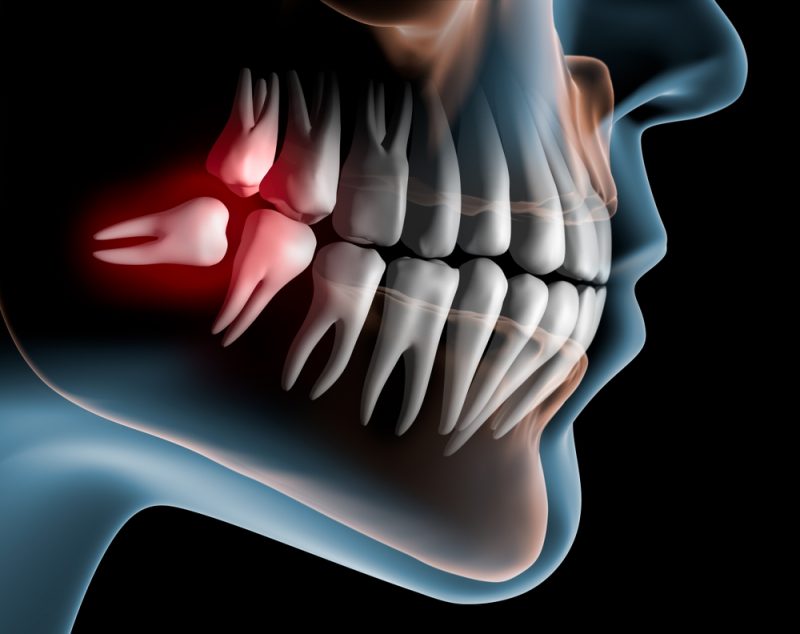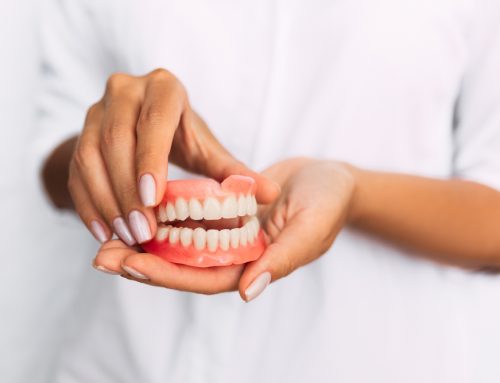What is an impacted wisdom tooth?
Impacted wisdom teeth are the third molars located in the posterior area of the mouth and are the last teeth to emerge and due to the lack of space, they can’t develop normally in most people. Without enough space, wisdom teeth can tilt forward and push or become impacted by leaning into the second molars.
Impacted wisdom teeth can result in pain, damage to other teeth and other dental problems. In some cases, impacted wisdom teeth may cause no apparent or immediate problems. But because they’re hard to clean, they may be more vulnerable to tooth decay and gum disease than other teeth are.
Pain and discomfort from impacted wisdom teeth can be alleviated by removing the wisdom teeth.

What happens if you leave impacted wisdom teeth in?
The impaction can lead to decay and resorption of healthy teeth. On occasion, if wisdom teeth are not monitored properly, their growth can shift parallel to the jawline. They can also shift backward and eventually interfere with the opening and closing of your jaw.
How serious is an impacted wisdom tooth?
Impacted wisdom teeth can result in pain, damage to other teeth and other dental problems. In some cases, impacted wisdom teeth may cause no apparent or immediate problems. But because they’re hard to clean, they may be more vulnerable to tooth decay and gum disease than other teeth are.
Can wisdom teeth fall out naturally?
This rarely happens as wisdom teeth are protected and held in place by our jaw bones. Patients with severe gum disease and bone loss around their wisdom teeth can start to feel their wisdom teeth get loose and potentially fall out on their own. Remember that this is a rarity, and most wisdom teeth will need to be removed by a trained oral surgeon, or expert surgical dentist with years of experience.
What happens if I don’t have my wisdom teeth removed?
Impacted wisdom teeth can be very painful and may be prone to abscess and infection. The impaction can lead to decay and resorption of healthy teeth. On occasion, if wisdom teeth are not monitored properly, their growth can shift parallel to the jaw line.



